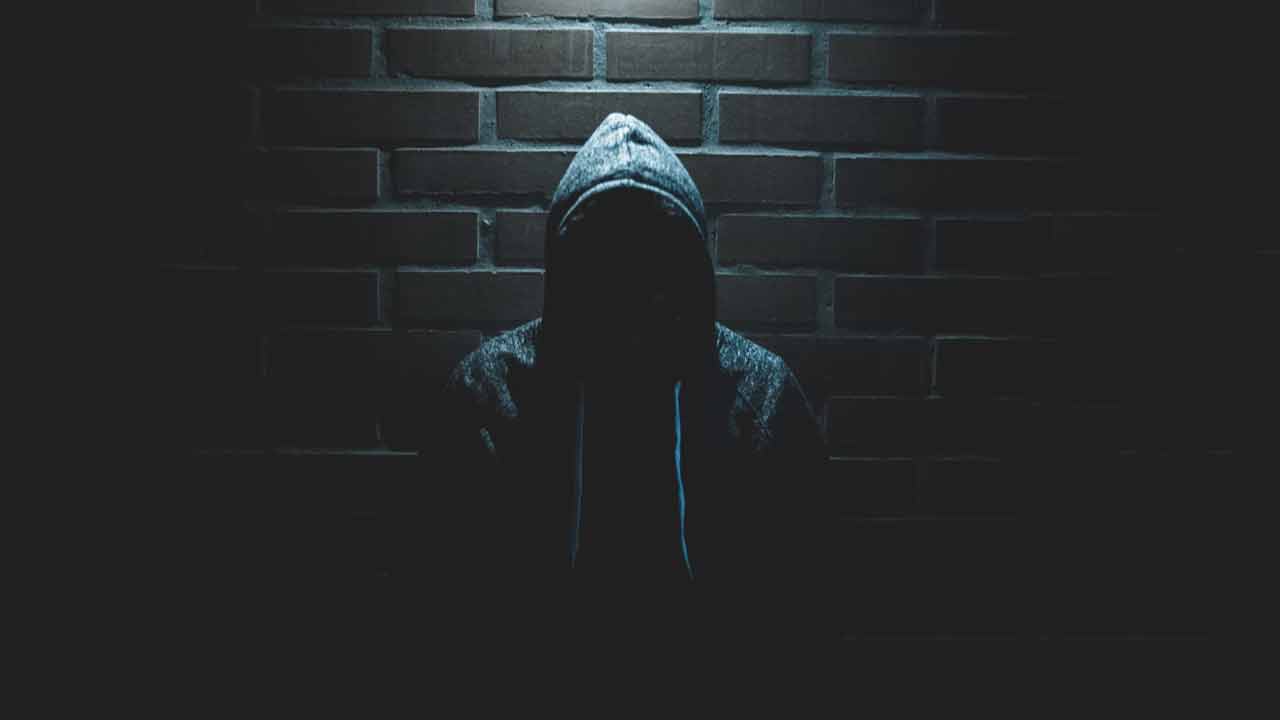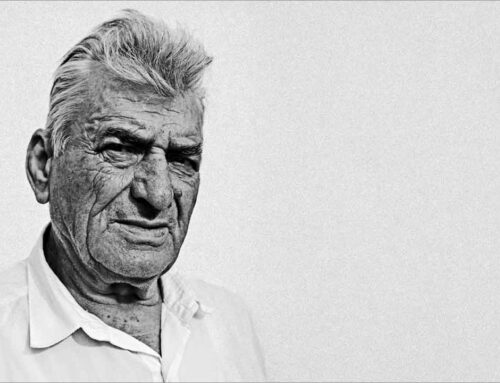Is it Criminal to Be Mentally Ill?
Mental illness is becoming increasingly criminalized by the system. Jail is often where a lot of people with mental illness end up, simply because there is no system designed to help them. This was the case at a county jail in Oregon. The story of Jermelle Madison Jr., is that he was a schizophrenic who committed suicide behind bars, in the Clackamas Cougon City.
Jermelle was a kind, caring person. When he developed schizophrenia, he became scared and confused about what was going on in his head, especially since he wasn’t receiving the help he needed.
Jermelle was a kind, caring person. When he developed schizophrenia, he became scared and confused about what was going on in his head, especially since he wasn’t receiving the help he needed. The police knew for a long time about Jermelle’s suicidal intentions: during his arrest, he had repeatedly told them that he wanted to hurt himself, and the jail had even played a part in getting him diagnosed with schizophrenia in the first place. And yet, they did not place him on suicide watch. This is a more widespread issue than just Clackamas County: a study conducted in December 2021 found that of the 10 Oregon jail deaths that year, nine of them were people with disabilities or mental illnesses. Oregon does have a system that is aimed at providing help to people unable to aid in their defense at a trial. However, this system, Aid and Assist, is becoming increasingly saturated by patients, and some people have to wait in jail, the longest wait time is a staggering 38 days. This is precisely the opposite of what these people should be experiencing, and yet it is reality. The shocking death of Jermelle has sparked protests in Oregon City and his family is filing a lawsuit against the jail.
Mental illness is seen as something that happens to people
The way we think about mental illness is not the only thing that is broken: our systems for dealing with it also are. Historically, jail is the place where people who have not conformed societally are deposited. The most prominent example is the mass incarceration of African-Americans over the years and the tragic deaths of George Floyd and Trayvon Martin, for example. Whereas the criminal justice system is designed to target African-Americans, the issue with mental health is that it simply goes ignored. Mental illness is seen as something that happens to people: once they have it, it’s unfortunate, but off to jail they go.
What people don’t realize is that mental illness is perfectly normal. Nearly one in five U.S. adults have a mental illness, yet the news constantly draws a connection between mental illness and criminality, either implicitly or explicitly.
What people don’t realize is that mental illness is perfectly normal. Nearly one in five U.S. adults have a mental illness, yet the news constantly draws a connection between mental illness and criminality, either implicitly or explicitly. If mental illness is such a large part of our lives, why don’t we have a framework to support people living with it? When you think about it, it is outrageous that in some places the people who need help the most are being systematically denied that help. I don’t think it’s a coincidence, either, that Jermelle was African-American. If he was white, would he have at least received more attention before it was too late? However, I doubt that it would have drastically altered his fate. The system is broken in so many ways, and we need to start changing the ways we think and the ways we think about thinking. We need to start sharing the stories of these people. The first step is to realize that something is wrong; then we can start enacting change.
By Matthew Ahmon
Matthew Ahmon
Matthew Ahmon is a high school junior at Horace Mann School in the Bronx, N.Y. His interests are mainly in mental health and neuroscience. Along these lines, he is a research volunteer at the Albert Einstein College of Medicine, where he remotely helps sort electrophysiological data. He’s also filming a documentary about mental health during the pandemic; if you are interested in sharing your experiences with mental health during the pandemic, please contact him at matthew_ahmon@horacemann.org. When he’s not helping out Michelle Hammer with her mission to change the way people perceive people with mental illness, he’s blogging on his own at mentalhealth-musings.org, listening to classical music, and hanging out with his family and pets (2 cats and a dog).





